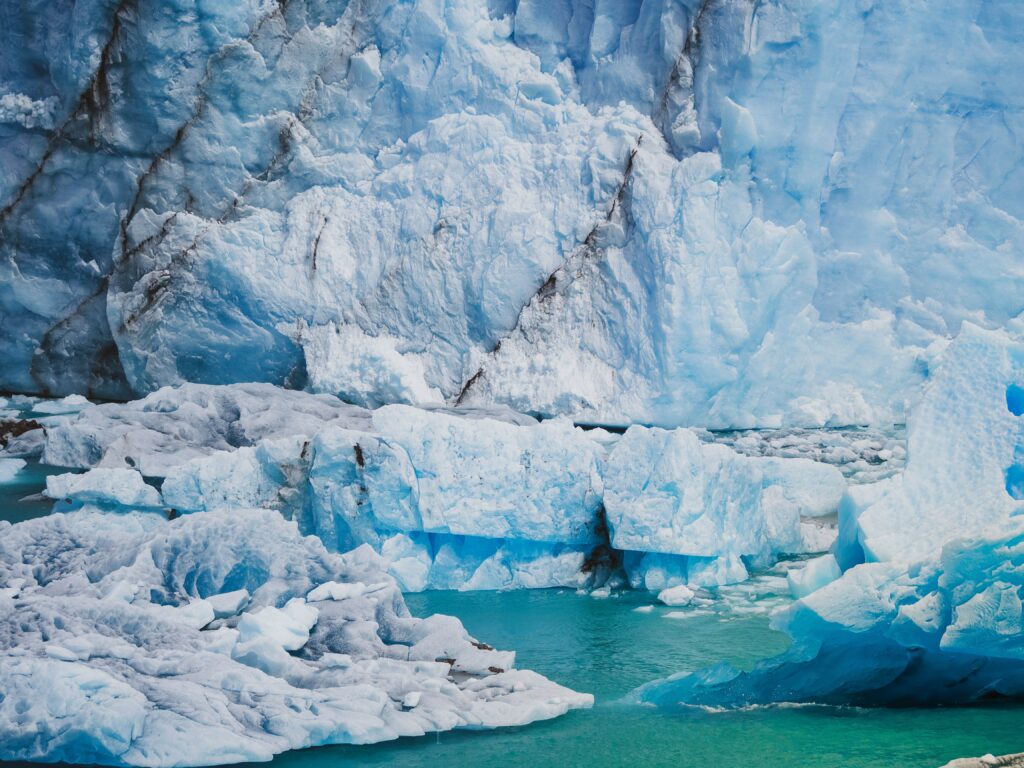
Climate change, which only recently seemed to be an issue for a small group of scientists and environmentalists, has now become a universal concern.
The growing number of heatwaves and weather-related catastrophes in the last decades led to a reduction of the skepticism around the existence of climate change, that is yet still quite common in countries such as Russia, in which environment activism is only now starting to spread.
The direct influence that human actions have had on climate change is also a question that still raises some doubts. The head of the Climate and Energy Programme at WWF Russia, Alexei Kokorin, when asked whether the causes of the unprecedented heatwave that hit his country back in 2010 were man-made or natural, said that it was ”the anthropogenic build-up of a natural process.”
It is no secret that the generation gap influences the sensibility of people towards such issues. Following the resonance of the Friday for Future movement, Millennials and Genz have proven to be notably more concerned about the future of our planet’s health if compared to the elder generations. Consequently, they are also ready to change their personal habits in terms of consumption and to overall move away from the consumerism culture. A culture that has characterised their predecessors and that poses some serious threats on the environment.
However, to really start addressing the issues related to climate change, large companies operating in different sectors, such as food and travelling, are those that should take action to obtain substantial results, preferably with the support of governments. Fortunately, most of the good practices that were so far voluntary will soon become recommended if not mandatory.
Government policies, company strategies and public mentality will shape a new reality, the contours of which are slowly emerging.
For further information visit: https://valdaiclub.com/a/highlights/how-the-climate-agenda-will-change-our-lives/

